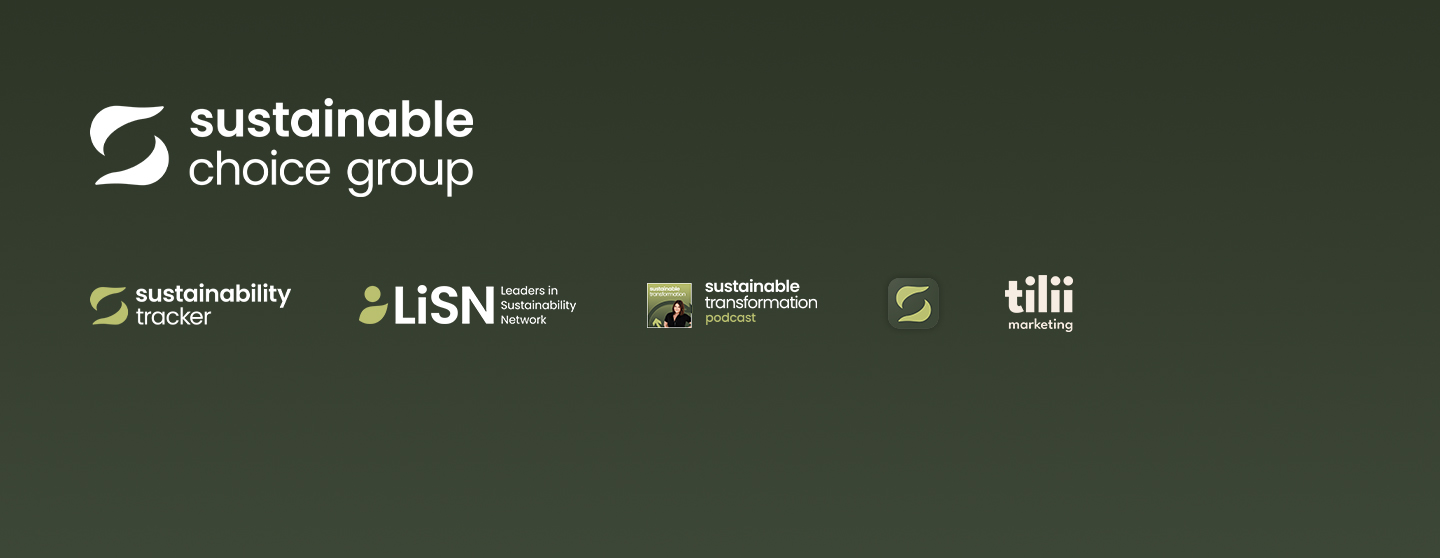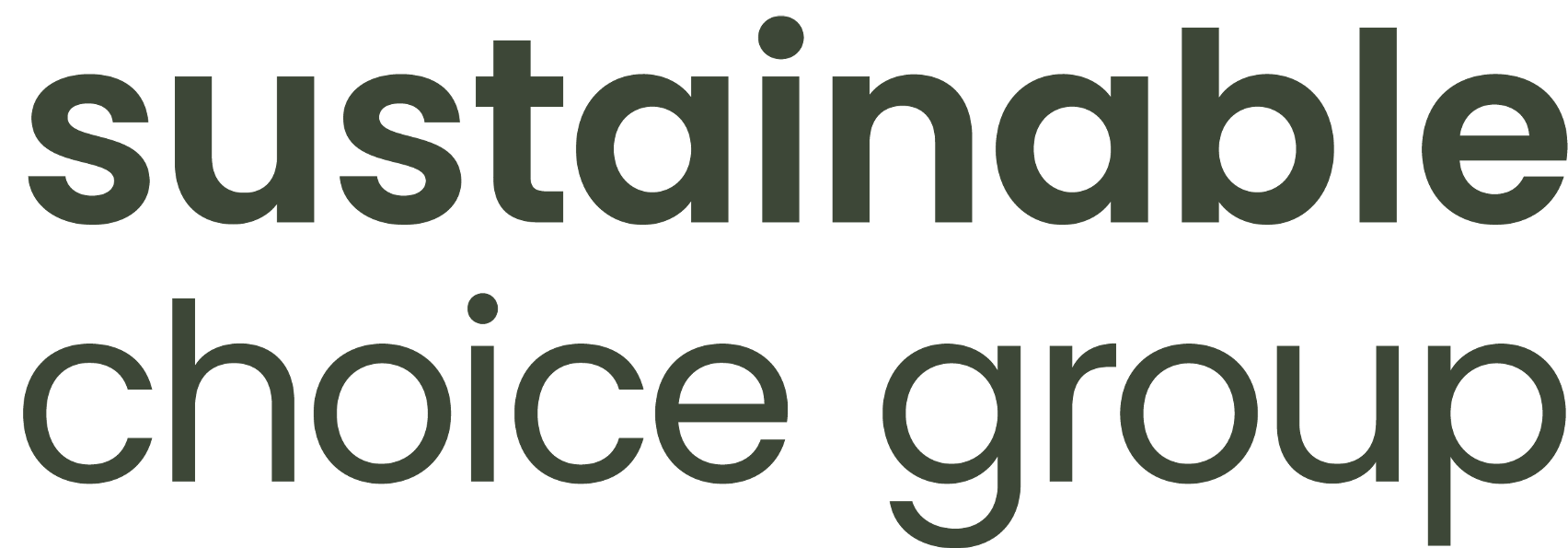

Sustainable Choice Group

Victoria, Australia
May 2024
Social networks & info sharing
Service with Minor Environmental Footprint
Australia
Sustainable Choice Group is the parent company of Sustainability Tracker and a group of brands that are dedicated to affecting radical sustainable change in mass market consumption. We do this through our core pillars of Education, Collaboration, and Communication. Through our brands, we work to help consumers accelerate the demand for sustainable products and services and help businesses accelerate their supply. Here’s how: SustainabilityTracker.com - our world-first web platform for businesses to track and share a record of ESG progress/credentials. (LiSN) Leaders in Sustainability Network - the business network helping sustainability leaders get the connections, information and resources they need to accelerate ESG progress. Sustainable Transformation Podcast - Developed by us together with Nova Entertainment, we share stories of sustainable change from and with businesses. Tilii Marketing - We work exclusively with brands who tell it like it is and back it up with more than just words.
Overall B Impact Score
Governance 18.7
Governance evaluates a company's overall mission, engagement around its social/environmental impact, ethics, and transparency. This section also evaluates the ability of a company to protect their mission and formally consider stakeholders in decision making through their corporate structure (e.g. benefit corporation) or corporate governing documents.
What is this? A company with an Impact Business Model is intentionally designed to create a specific positive outcome for one of its stakeholders - such as workers, community, environment, or customers.
Workers 26.1
Workers evaluates a company’s contributions to its employees’ financial security, health & safety, wellness, career development, and engagement & satisfaction. In addition, this section recognizes business models designed to benefit workers, such as companies that are at least 40% owned by non-executive employees and those that have workforce development programs to support individuals with barriers to employment.
Community 23.1
Community evaluates a company’s engagement with and impact on the communities in which it operates, hires from, and sources from. Topics include diversity, equity & inclusion, economic impact, civic engagement, charitable giving, and supply chain management. In addition, this section recognizes business models that are designed to address specific community-oriented problems, such as poverty alleviation through fair trade sourcing or distribution via microenterprises, producer cooperative models, locally focused economic development, and formal charitable giving commitments.
Environment 22.2
Environment evaluates a company’s overall environmental management practices as well as its impact on the air, climate, water, land, and biodiversity. This includes the direct impact of a company’s operations and, when applicable its supply chain and distribution channels. This section also recognizes companies with environmentally innovative production processes and those that sell products or services that have a positive environmental impact. Some examples might include products and services that create renewable energy, reduce consumption or waste, conserve land or wildlife, provide less toxic alternatives to the market, or educate people about environmental problems.
What is this? A company with an Impact Business Model is intentionally designed to create a specific positive outcome for one of its stakeholders - such as workers, community, environment, or customers.
Customers 3.2
Customers evaluates a company’s stewardship of its customers through the quality of its products and services, ethical marketing, data privacy and security, and feedback channels. In addition, this section recognizes products or services that are designed to address a particular social problem for or through its customers, such as health or educational products, arts & media products, serving underserved customers/clients, and services that improve the social impact of other businesses or organizations.